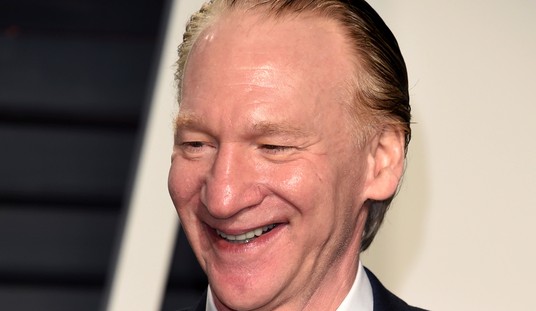Hundreds of thousands of readers now know who Carlos Varela is, thanks to a New York Times article about him and his magical musical lobbying tour of the United States. But unfortunately the Times only tells part of the story in that unique way that only the Gray Lady can, namely by minimizing the realities of Cuba’s Castro dictatorship while playing up the supposed absurdity of U.S. policy toward it. It has been the same for 51 years. Even before the Cuban revolution of 1959, the Times was shilling for Fidel Castro.
A neophyte to the ongoing Cuban tragedy would come away from the Varela article with the idea that the United States is trying to bully another free country into doing things it does not want to do. The Times does not mention Castro once in the piece. Nor does it mention censorship or human rights or political prisoners or democracy.
In the article, Carlos Varela claims that he doesn’t represent any government or political party. He is either lying to the Times or lying to himself.
You see, nobody can legally leave Cuba without the permission of the Castro regime, which has been misgoverning the island for more than half a century. This is a gross violation of the Universal Declaration of Human Rights. When Varela is granted an exit visa, known as a “white card,” it’s only because the regime trusts him to (at a bare minimum) first do no harm to its ongoing diplomatic efforts to convince the United States to lift sanctions against Cuba.
But more concretely than doing no harm, he is being entrusted to carry the exact message that the Times is all too willing to amplify. That message is that Cuba is just another country that has chosen a different path, and that if any change is required, it’s to U.S. policy.
That’s why people like Yoani Sánchez, the Cuban blogger, are routinely denied a white card to tour the world.
She simply cannot be trusted to say that Cuba is a country like any other because her writings every day express the exact opposite — that Cuba is a country like no other because of its absurd system of government which has been imposed on the people by a dictator for five decades.
The Times, like the rest of the mainstream media, would like to position the conflict as one between legitimate governments. But the truth is that the ongoing battle here has been between an illegitimate government and the people it lords over. It is not the United States that forced the Cuban people to accept a Marxist economy. It is not the United States that implemented one-party rule in Cuba. It is not the United States that keeps Yoani Sánchez and others from leaving Cuba.
It is not the United States that keeps democracy and human rights activists like Dr. Darsi Ferrer and Dr. Oscar Elias Biscet incarcerated for their beliefs.
There’s a reason why, according to the Times, Varela is visiting “universities and policy institutes.” The reason is that the Castro regime has always been excellent at propaganda. Since the beginning, the Castro brothers have understood that in order to perpetuate their rule they needed the support of the international community and that that support can only come by manipulating the media, academia, and institutions in free countries. These are soft targets, to be sure, as evidenced by the number of Cuban agents that have been uncovered over the years, even recently. There is simply no shortage of reporters, college professors, and even State Department officials and intelligence officers that are willing to sing along to Castro’s (and Varela’s) tune for an ignorant audience.
And with an administration like Obama’s in power, one that is predisposed to believe that the United States is culpable for most of the evil in the world, the targets become that much softer.
The Times does mention that, despite the sanctions, the U.S. is Cuba’s largest food supplier, but the media’s other storyline is that we, as a country, are leaving potential business on the table by not having “normal” trade relations with our “normal” neighbor. And therein lies the rub.
Our “normal” neighbor expropriated almost $2 billion in U.S. assets in the late fifties and early sixties. It then shunned U.S. trade when it allied itself with the Soviet Union. But after the collapse of the Eastern bloc and the subsidies that came from it, the regime put out its tin cup disguised as business opportunities. Europeans and others have gladly sunk their money into Cuba only to find out that (surprise) command economies don’t work and dictators rarely keep their promises.
That’s why Cuba is a deadbeat nation that owes money all around the world, and has made no real economic reforms — much less political ones — despite all this economic “engagement.” There’s only one sucker out there left, one elephant to bag. You guessed it: Castro’s sworn enemy, the United States (and its taxpayers).
So all of Castro’s musicians are out there playing guitar with their cases open to collect money, but they are not playing in the subway stations where they can only hope to bag a few bucks in coins. They are playing at “universities and policy institutes” that can influence Congress and the president into funneling billions in what will ultimately be taxpayer-backed trade credits to an outlaw regime that has not had a democratic election in more than fifty years and whose people have no voice in how they are governed.
That’s music to Castro’s ears.









Join the conversation as a VIP Member